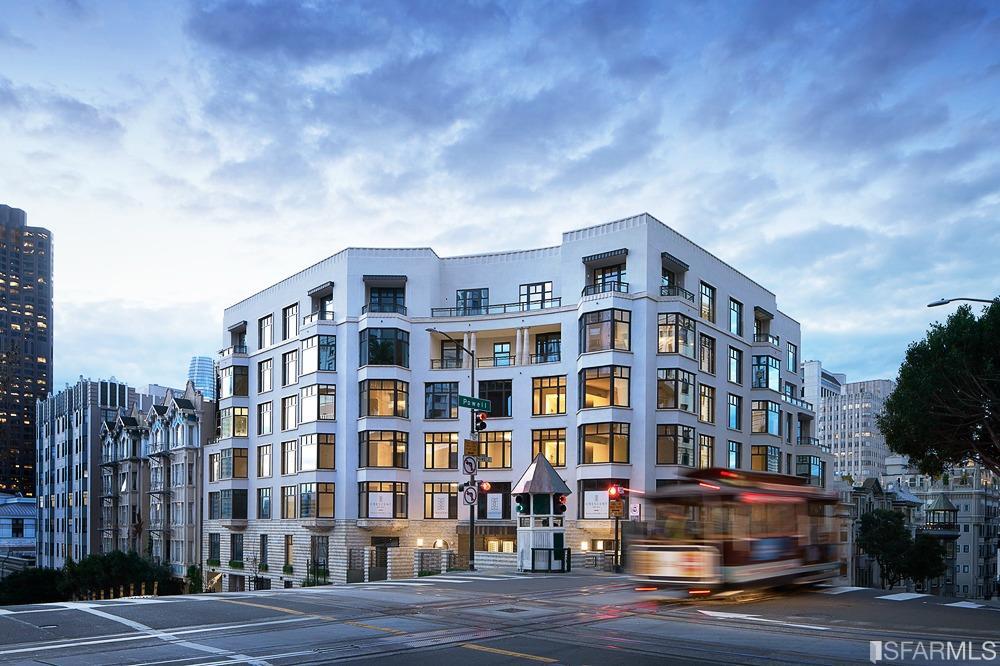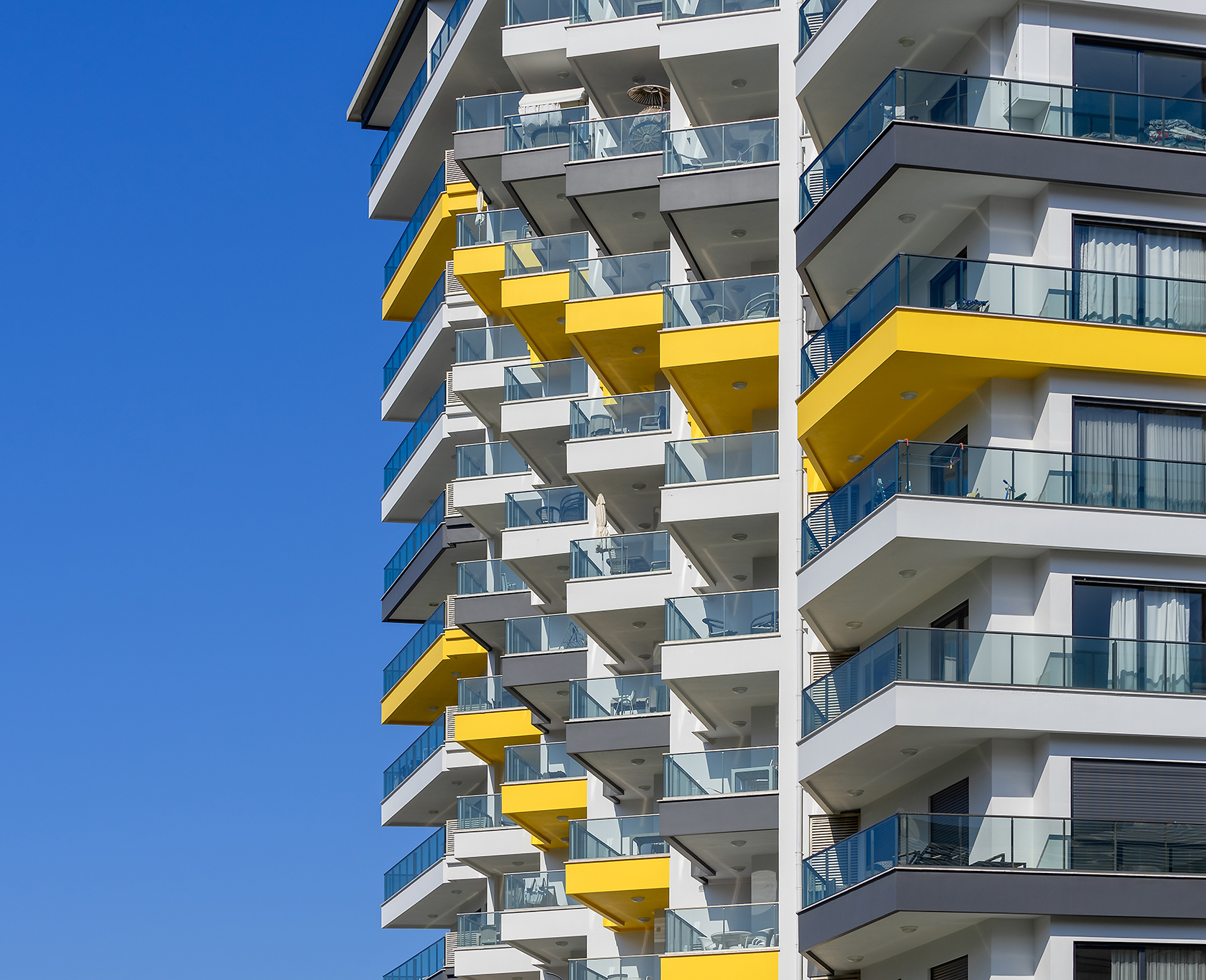HOA Condo Living: Searching For Your Perfect Community
HOA Condo Living: Searching For Your Perfect Community
Blog Article
The Function of an HOA in Developing and Enforcing Community Guidelines for Locals
The duty of a Homeowners Association (HOA) in developing and implementing community standards is essential to keeping a orderly and cohesive residential setting - hoa condo. By formulating clear rules that govern elements such as building upkeep and neighborhood conduct, the HOA not just sets standards for locals however likewise promotes a feeling of belonging and liability. Nevertheless, the execution of these guidelines can provide various challenges, elevating inquiries regarding neighborhood, justness, and communication interaction. As we check out these intricacies, it becomes noticeable that the influence of an HOA expands much past plain regulation enforcement.
Recognizing Home Owners Organizations
Homeowners associations (HOAs) serve as regulating bodies for property communities, playing a critical role in keeping residential property worths and promoting a feeling of community. Commonly developed by designers, HOAs are composed of home owners within a marked area that elect a board to manage the association's activities. The primary features of an HOA consist of applying community policies, managing typical areas, and organizing neighborhood occasions.
HOAs operate under a collection of controling documents, including restrictions, problems, and commitments (CC&R s), which outline the rights and responsibilities of property owners. These policies aim to ensure that buildings are preserved to a certain standard, thus protecting the aesthetic allure and general worth of the area. In addition, HOAs usually collect dues from home owners to fund maintenance, landscaping, and other social work.
The presence of an HOA can significantly affect the living experience within an area (hoa condo). While some homeowners value the organized atmosphere and services provided, others might discover specific regulations limiting. Stabilizing the interests of all property owners is important for an HOA to operate properly, making certain that it offers its designated purpose of improving community living while appreciating private home owner civil liberties
Creating Community Standards

To start, an HOA needs to perform surveys or convene that enable citizens to voice their recommendations and issues. This participatory procedure fosters a feeling of possession and increases conformity. Next off, the HOA board must evaluate the responses to identify usual motifs and concerns that require formal addition in the guidelines.
It is likewise necessary to ensure that the guidelines are clear, succinct, and quickly understood. Uncertainties can bring about conflicts and misunderstandings, undermining the purpose of the guidelines. The guidelines ought to be extensive, covering numerous elements of community living, including property maintenance, noise degrees, and usage of common locations.
Enforcement of Guidelines
Reliable enforcement of area rules is vital for maintaining order and ensuring that all locals abide by the established standards. An HOA should implement a structured method to impose these guidelines, which typically entails a combination of monitoring, communication, and penalties for non-compliance.
First, regular examinations and area patrols can aid identify violations, guaranteeing that policies are regularly used across the neighborhood. This aggressive surveillance permits the HOA to deal with issues prior to they intensify, cultivating a sense of accountability among citizens.
Second, clear interaction is crucial. Citizens ought to be notified of the rules and the procedures for reporting violations. An open line of communication encourages homeowners to voice issues and look for clarification on standards, which can boost conformity.

Finally, when infractions occur, the HOA needs to implement repercussions as outlined in the controling documents. This may consist of advising letters, penalties, or, in serious instances, lawful action. It is essential that charges are used relatively and continually to keep depend on within the neighborhood. By effectively enforcing guidelines, an HOA can cultivate an unified living setting that reflects the collective worths of its locals.
Advantages of HOA Laws
Numerous advantages occur from the application of HOA policies, which serve to enhance the top quality of life within a community. One primary benefit is the upkeep of home worths. By enforcing standards for appearances and maintenance, HOAs guarantee that homes and common locations stay eye-catching, promoting a preferable living setting that can result in boosted property worths with time.
In addition, HOA policies advertise uniformity and harmony within the community. This coherence in style and upkeep aids to create a feeling of belonging among citizens, adding to area pride and a favorable ambience. In addition, developed guidelines facilitate problem resolution amongst neighbors by supplying clear expectations and protocols for behavior, thereby decreasing conflicts.
One more considerable advantage is the arrangement of shared amenities and services. Lots of HOAs handle neighborhood facilities such as parks, clubs, and pools, which enhance recreational chances for locals. These facilities not just boost the high quality of life however likewise encourage social communication.
Inevitably, the regulations stated by an HOA grow an efficient, harmonious area, making sure that homeowners appreciate a high criterion of living while fostering a supportive setting for all home owners.
Usual Challenges Dealt With by HOAs
Amidst the advantages that home owners associations visit the website (HOAs) can supply, they likewise experience a variety of obstacles that can prevent their efficiency. One significant concern is the lack of resident involvement. Many homeowners may not get involved in meetings or area activities, leading to a disconnect between the HOA board and residents. This disengagement can cause misunderstandings concerning area standards and an absence of support for enforcement initiatives.
An additional obstacle is the enforcement of policies and rules. Disputes can emerge when residents really feel that enforcement is irregular or biased, potentially bring about conflicts within the community. Furthermore, HOAs commonly deal with monetary restrictions, which can limit their capacity to preserve typical locations or fund area projects. This can develop dissatisfaction among residents who expect high criteria of upkeep.
In addition, browsing legal complexities can be intimidating for HOAs. Transforming demographics and advancing community needs require HOAs to adapt their standards, typically fulfilling resistance from enduring citizens who are accustomed to standard standards.
Verdict

By creating clear rules that govern facets such as residential property maintenance and neighborhood conduct, the HOA not just sets standards for citizens but additionally fosters a sense of belonging and liability.Homeowners associations (HOAs) serve as controling bodies for residential neighborhoods, playing a critical duty in preserving residential or commercial property values and fostering a sense of area. Several property owners might not participate in meetings or neighborhood activities, leading to a detach in between the HOA board and locals. Altering demographics and advancing area needs call for HOAs to adapt their guidelines, typically meeting resistance from long-standing residents that are accustomed to conventional norms. Through the growth of clear policies and consistent enforcement, HOAs advertise residential Website or commercial property upkeep, area pride, and trust fund among homeowners.
Report this page